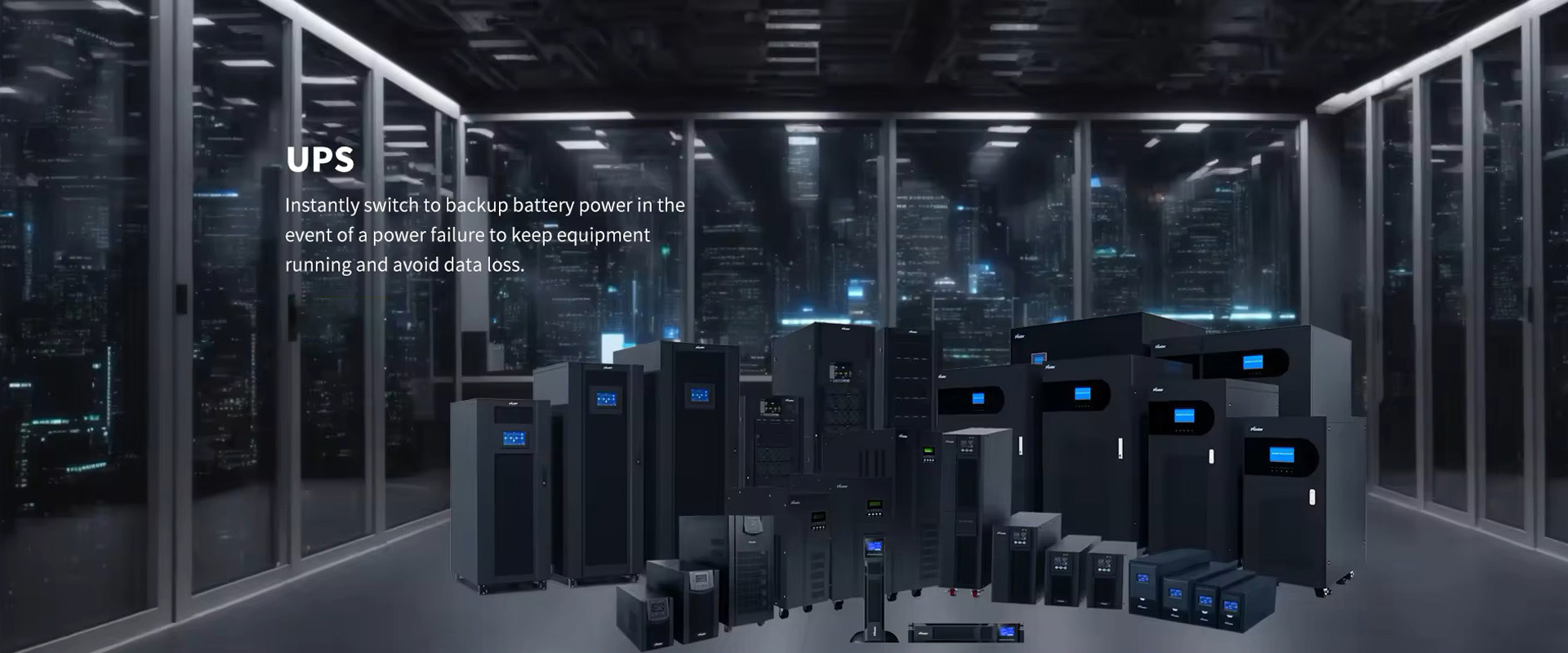What size inverter should I buy?
We carry many different sizes, and several brands of power inverters. See our Inverters Products for specifications on each of Prostar Inverter models.
Short Answer: The size you choose depends on the watts (or amps) of what you want to run (find the power consumption by referring to the specification plate on the appliance or tool). We recommend you buy a larger model than you think you’ll need (at least 10% to 20% more than your largest load).
Example: You want to power a computer with a 17″ monitor, some lights, and a radio.
| Computer: | 300 Watts |
| 2 – 60 Watt lights: | 120 Watts |
| Radio: | 10 Watts |
| Total Needed: | 430 Watts |
For this application, you would minimally need a 500 W inverter, and should give some thought to a larger one, as there will likely be a time when you wish you’d bought a bigger model … in this example, you might decide you’d like to run a fan while you compute, or let the kids watch TV.
Longer Answer: Determine Continuous Load and Starting (Peak) Load: You need to determine how much power your tool or appliance (or combination of them that you would use at the same time) requires to start up (starting load), and also the continued running requirements (continuous load).
What is meant by the terms “continuous-2000 watts” and “peak surge-4000 watts” is that some appliances or tools, such as ones with a motor, require an initial surge of power to start up (“starting load” or “peak load”). Once started, the tool or appliance requires less power to continue to operate (“continuous load”)
Helpful formulas:
To Convert AMPS to WATTS:
Multiply: AMPS X 120/220/230 (AC voltage) = WATTS
This formula yields a close approximation of the continuous load of the appliance
To Calculate approximate Startup Load:
Multiply: WATTS X 2 = Starting Load
This formula yields a close approximation of the starting load of the appliance, though some may require an even greater starting load. NOTE: Induction motors such as air conditioners, refrigerators, freezers and pumps may have a start up surge of 3 to 7 times the continuous rating.
Most often the start up load of the appliance or power tool determines whether an inverter has the capability to power it.
For example, you have a freezer with a continuous load of 4 amps, and a start up load of 12 amps:
4 amps x 120 volts = 480 watts continuous
12 amps x 120 volts = 1440 watts starting load
You would need an inverter with peak-surge rating greater than 1440 watts.
FORMULA to convert AC Watts to DC Amps:
AC Watts divided by 12 x 1.1 = DC Amps
(this is the size vehicle alternator you would need to keep up with a specific load; for example, to keep up with a continuous draw of 1000 watts, you would need a 91 amp alternator)
Also You May Like:
Prostar > About Prostar
Prostar > Professional Team
Prostar > OEM and ODM Service
Prostar > Inverter
Prostar > Prostar Google Drive
Error: Contact form not found.
























